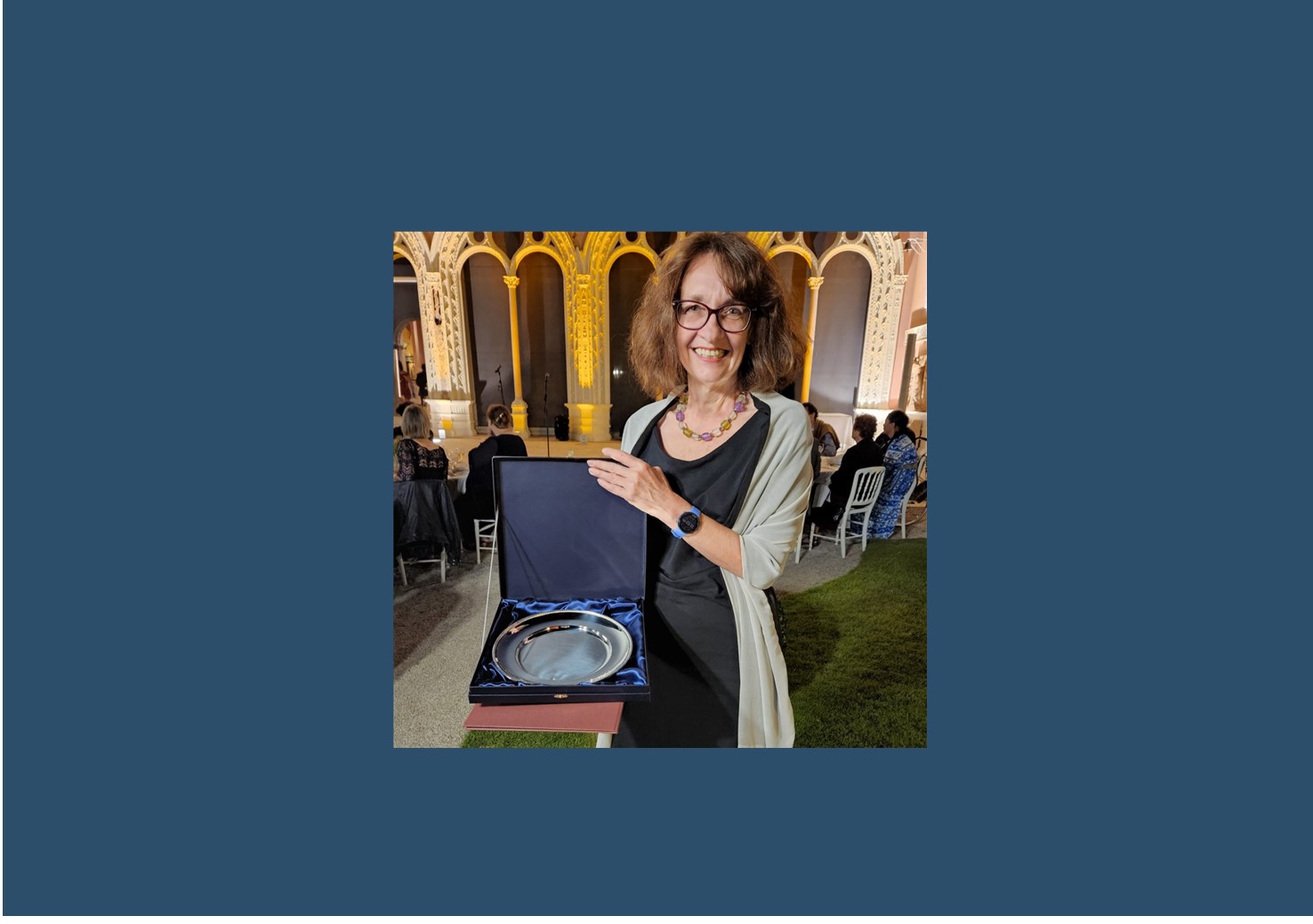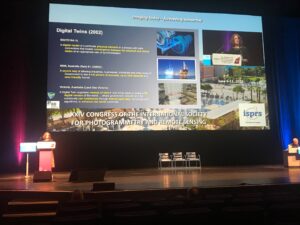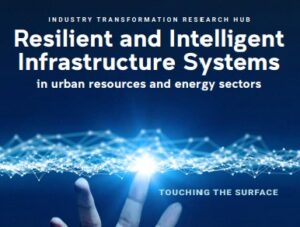Webinar – Challenges and opportunities for resilient infrastructure
Professor Abbas Rajabifard and two of our RIIS industry partners Dr Govinda Pandey CEO, Rockfield Technologies Australia and Andy Kennard Business Solutions Manager, Software and Systems, Emerson Automation Solutions were part of a webinar and panel discussion on the future of infrastructure and our RIIS research hub.
With the demand for new infrastructure in all sectors for our growing population, combined with the impacts of climate change and aging infrastructure, there is an increased need for new and innovative technologies. Technologies that can offer solutions to predict infrastructure rehabilitation and renewal needs, pre-empt failure and prolong the life of infrastructure.
In addition, there is a profound need for new systems that can deliver sustainable, resilient, and cost-effective infrastructure. This includes real-time monitoring, predictive modelling, and scenario planning that integrates climate modelling – and can also be used to assess, in 3D, how our landscapes can be designed to play a part in adaptation and mitigation.
The expert panel in this webinar discussed challenges and opportunities across the following key themes:
- Sensing, intelligent and adaptive systems
- Data collection, security, and integration
- Modelling, simulations, and prognostics
- Infrastructure health monitoring and predictive maintenance
- Spatial data, digital twins, and decision support.
The panel was proudly presented by the Infrastructure platform, Faculty of Engineering and Information Technology – University of Melbourne.

Panelists and chair:
Andy Kennard
Business Solutions Manager, Software and Systems, Emerson Automation Solutions
Andy Kennard has been working with Emerson in industrial control and automation for over 40 years. In that time he worked in a wide range of industries, including water, power, chemical, life sciences, oil and gas, and mining.
He holds degrees from the University of Sydney in engineering and science and is currently the business solutions manager for SYSS in Australia and New Zealand, specialising in the challenges of modernising industrial automation infrastructure
Dr Govinda Pandey
CEO, Rockfield Technologies Australia
Dr Govinda Pandey is the CEO of Rockfield, Co-Founder of LiXiA, and Adjunct Associate Professor at James Cook University. His leadership has resulted in Rockfield pioneering the adoption of modern sensor technologies to accelerate the world’s transition to safe and intelligent infrastructure. Govinda’s network extends globally given his international training and practice.
Govinda’s technical authority is in the areas of structural rehabilitation, non-linear modelling, bridge engineering, structural health monitoring, asset management, buried metal structures, and mechanically stabilized earth walls. He has delivered projects of various sizes and complexities across Australia and New Zealand.
As an industry thought leader, Govinda delivers talks nationally and internationally at workshops, seminars, and conferences as an invited speaker. He is passionate about education and believes in sharing his knowledge and experience for the greater good of society. This has driven him to continue lecturing at the university, supervising undergraduate thesis students, mentoring student engineers, and visiting schools.
Prof. Abbas Rajabifard
Professor Infrastructure Engineering, University of Melbourne
Prof. Abbas Rajabifard is an accomplished surveyor and researcher, with more than 30 years’ of experience across academia, government, and industry.
His interest and passion encompass spatial science, surveying, land administration and mapping, research, and education. Abbas is an internationally recognised expert in land administration modernisation, 3D cadastre, Digital Twin, and BIM (Building Information Model) technology. He has conducted projects in Asia-Pacific, Africa, Europe, Middle East, North America, and Latin America regions (in particular, Australia, Iran, Singapore, Malaysia, Indonesia, UAE, Chile, Colombia, India, Solomon Islands, and Saudi Arabia).
Mark Allan (Chair)
Director Greenline, City of Melbourne
Mark Allan is a registered architect and qualified urban planner with a Master’s degree from the Melbourne Business School. With a career spanning 30 years in sustainable urban development and major urban renewal projects, Mark has played key roles in the planning and design of Federation Square, Melbourne Docklands, and the Queen Victoria Market Precinct Renewal. In his current role at the City of Melbourne, he is the Acting Director of City Design where he leads the Council’s City Design Studio. Mark has previously held senior roles in architectural practice at Mirvac, VicUrban, and the former Melbourne Docklands Authority. He is a Fellow of the Australian Institute of Architects and the Planning Institute of Australia and an Honorary Fellow of the University of Melbourne’s Infrastructure Engineering Department. Mark has expertise in urban renewal projects and the design of sustainable precincts.
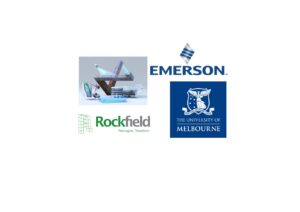

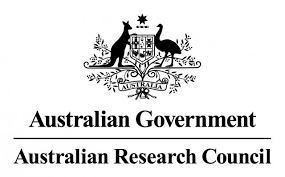
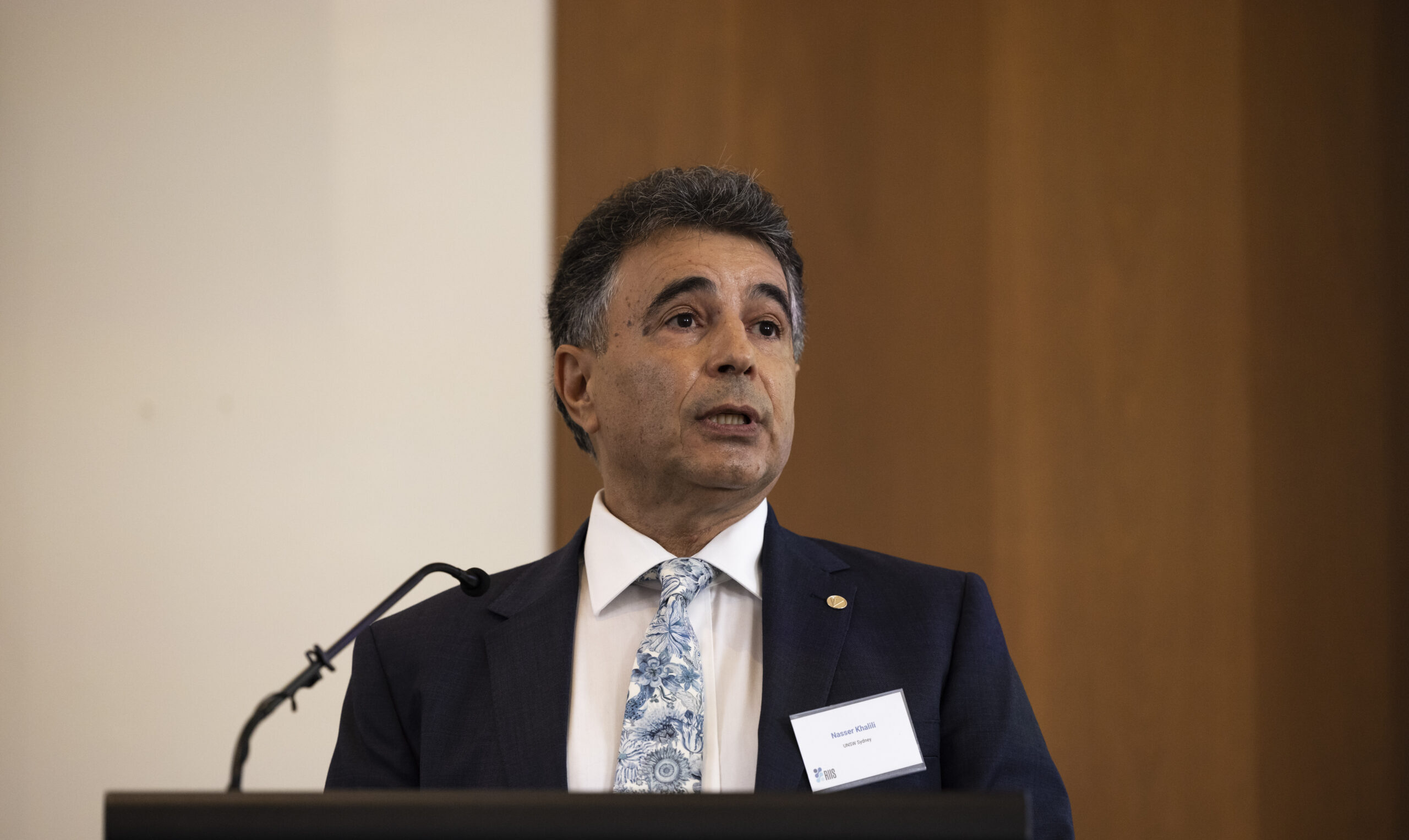
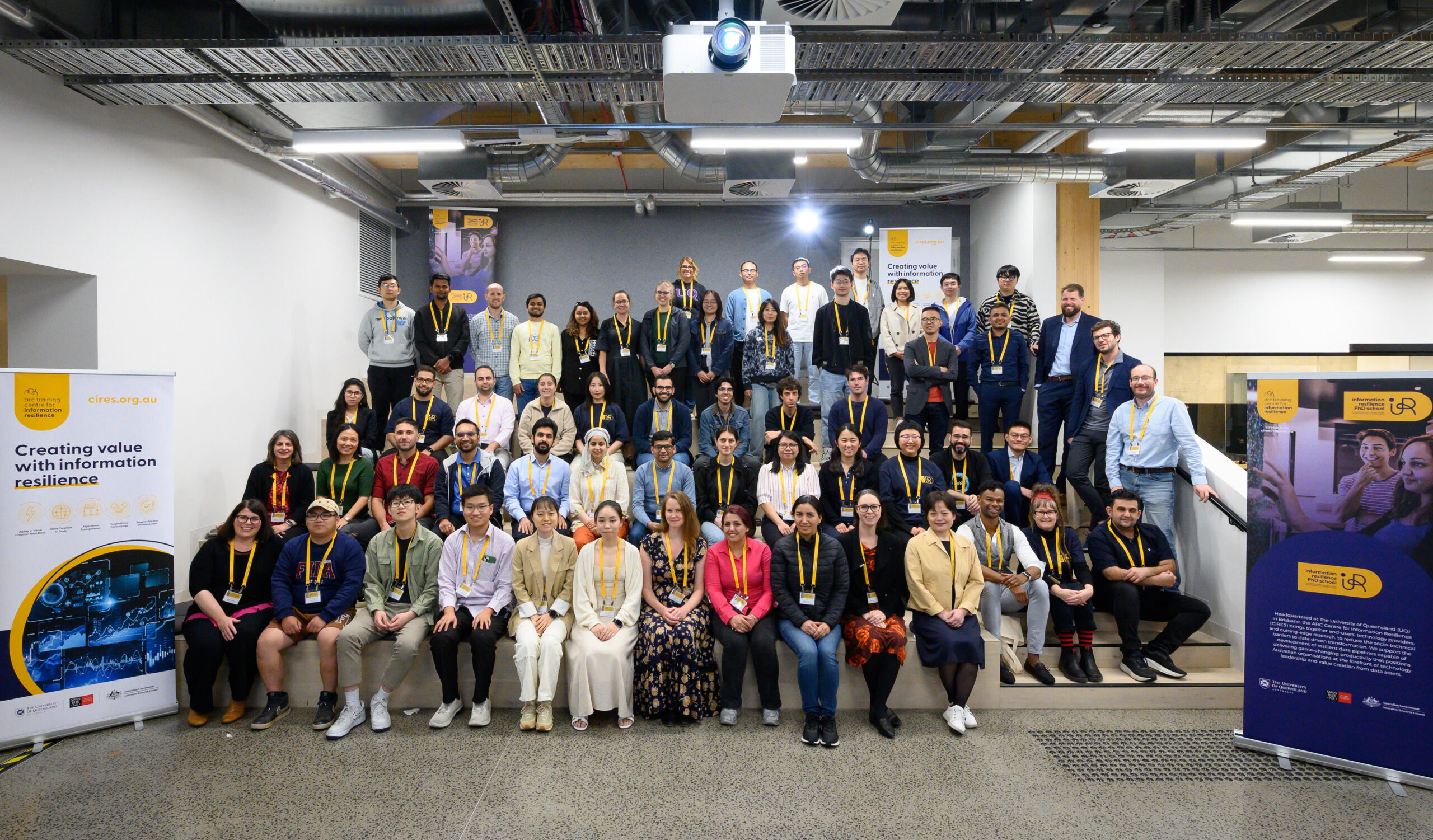
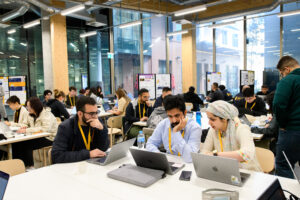
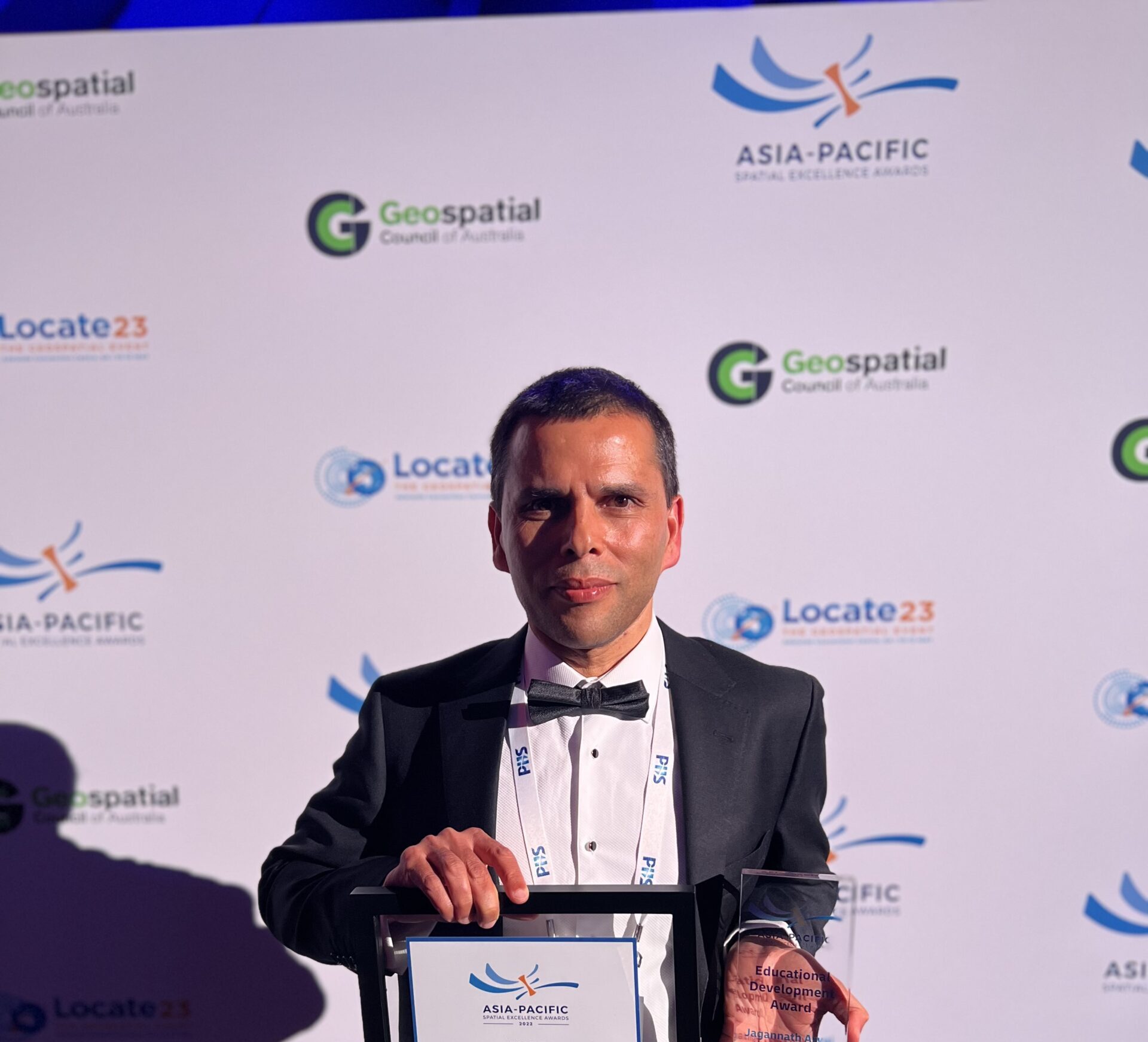
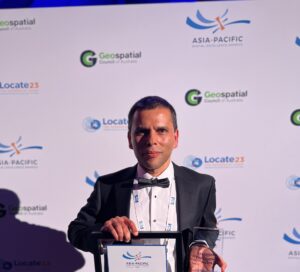
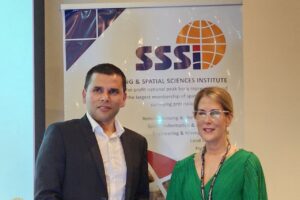
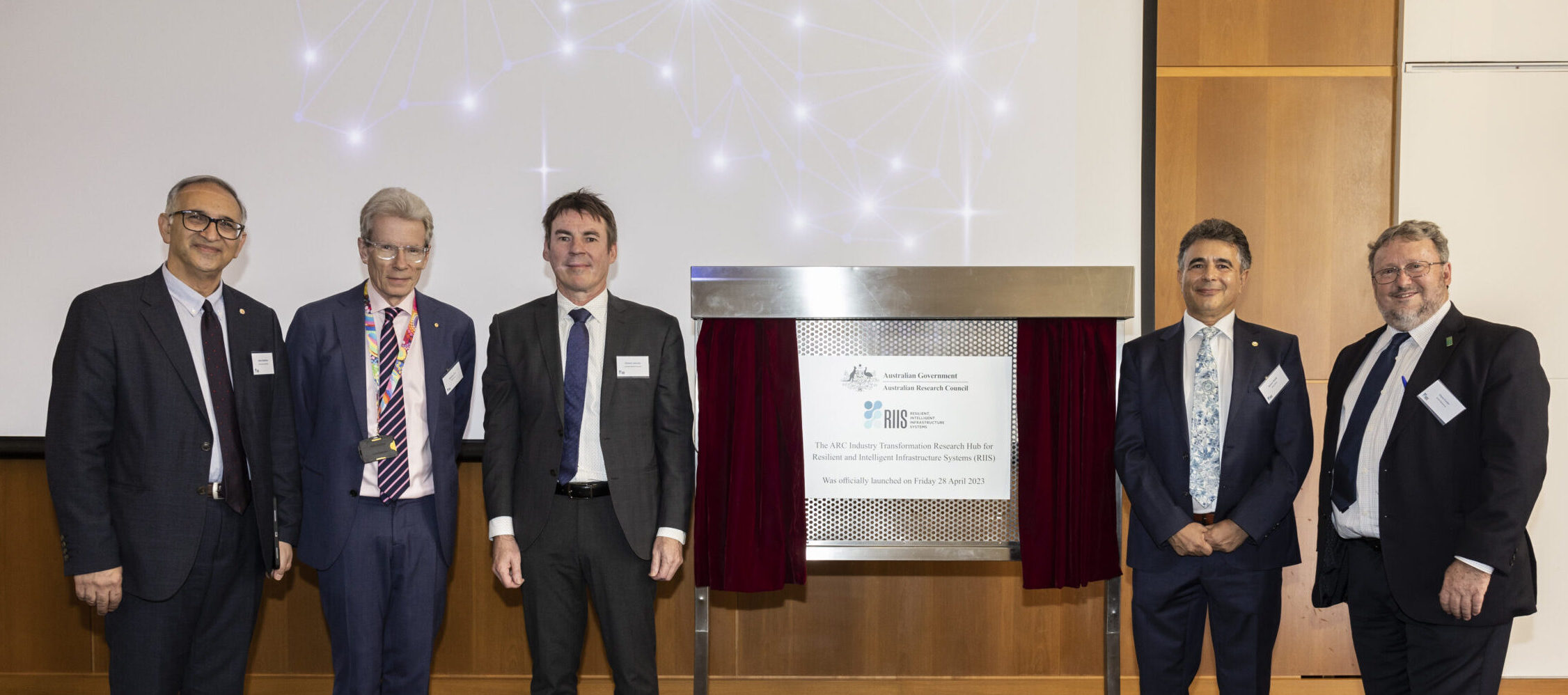
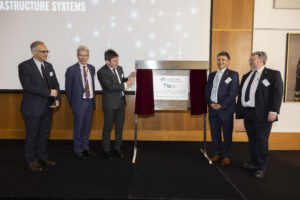
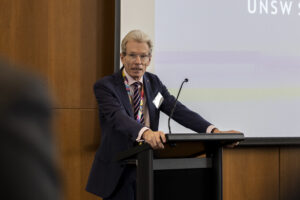
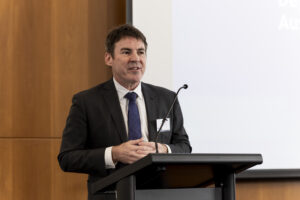
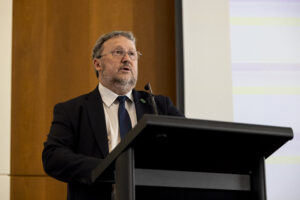
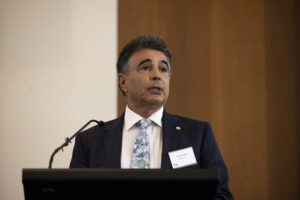
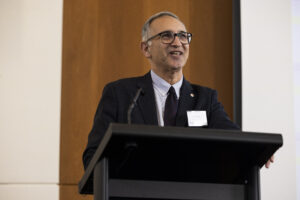
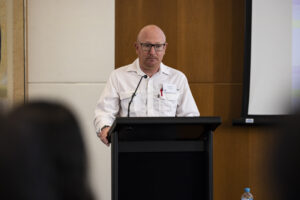
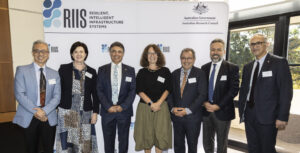
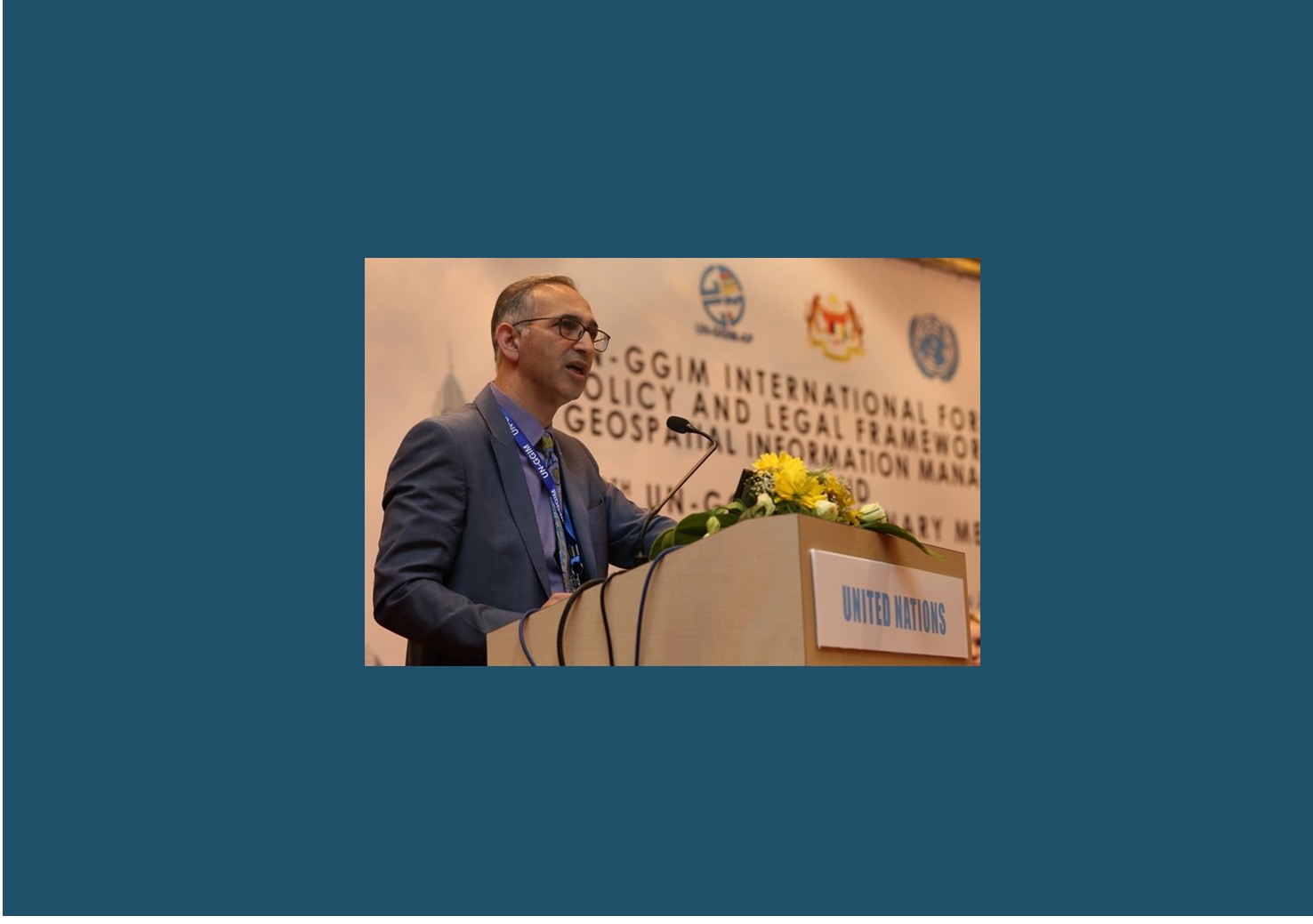
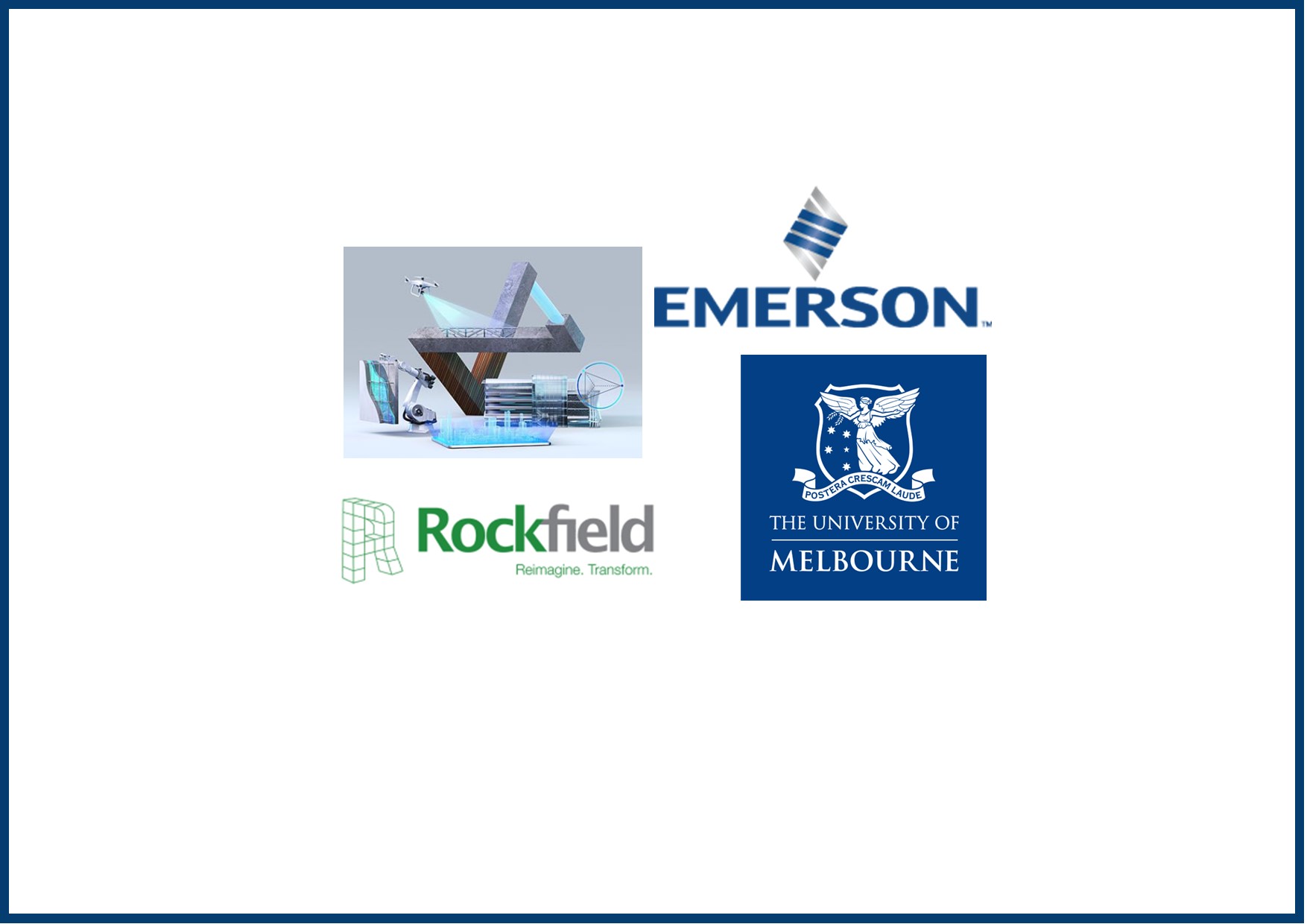

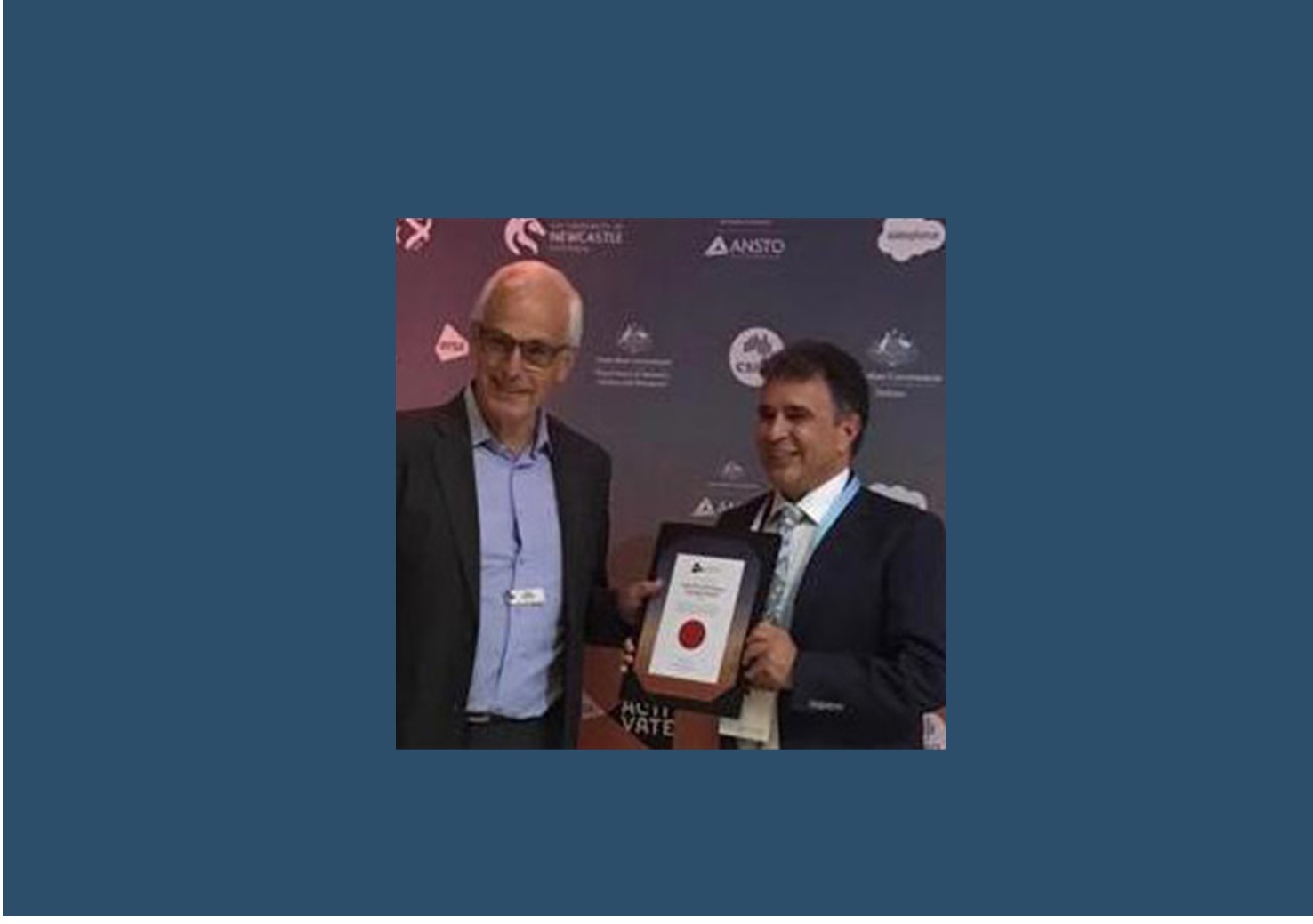
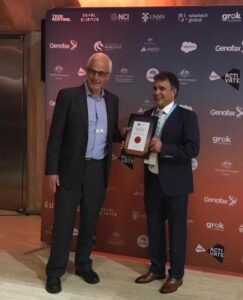

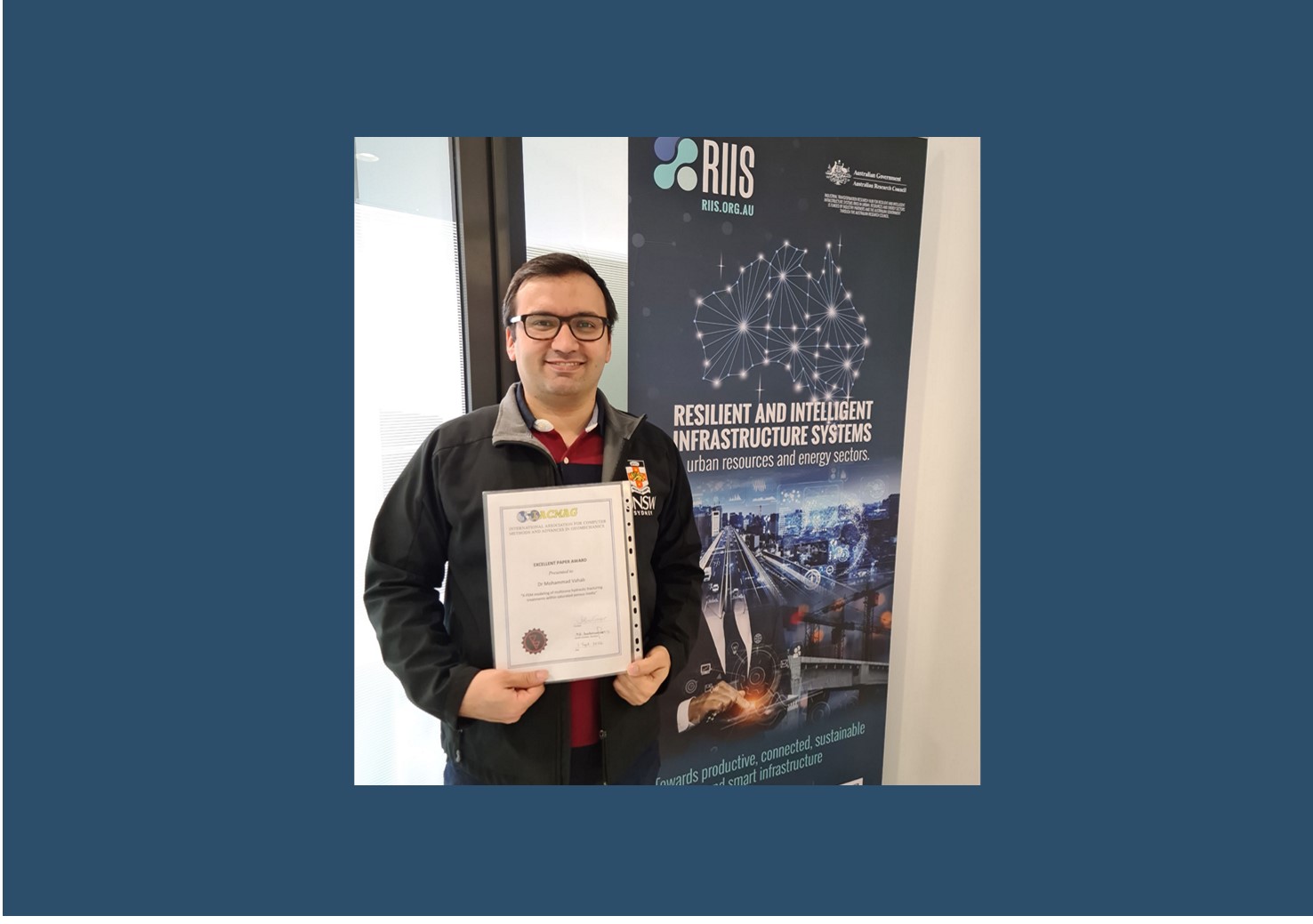
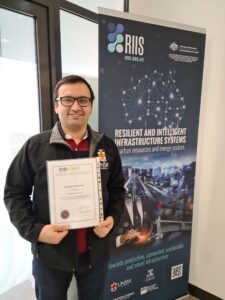 RIIS Chief Investigator
RIIS Chief Investigator 